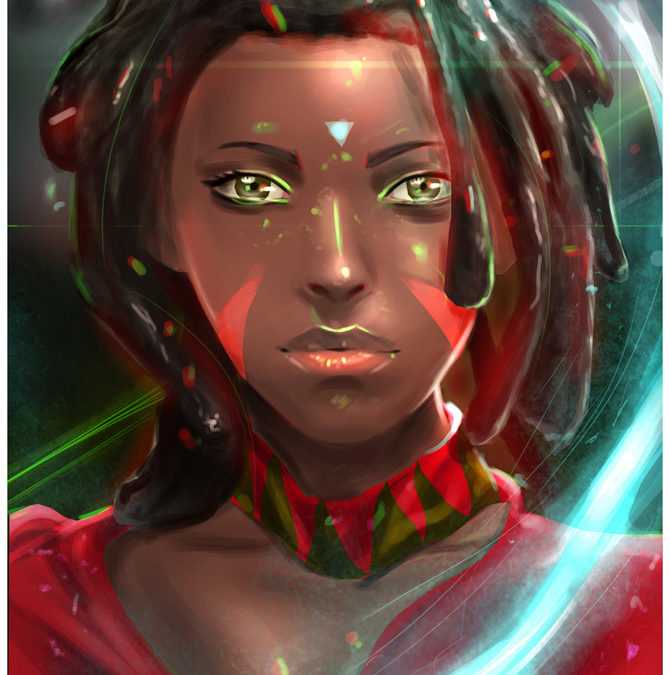When one allows another person to tell their story, the potential for misrepresentation is enormous, and the same goes the other way. Why has it become so undesirable for many writers to write their own story and make it authentically theirs? As a result of the monopolization of the Creative Arts industry by Western influence, the number of African Creatives that are producing art that is relevant to their continent has diminished. It just so happens that when somebody else then decides to tell our narrative, it follows up with a social media backlash by the people of that culture accusing somebody else of “cultural appropriation”.
The reason that our culture is being appropriated is that we have given it room to be appropriated.
Many post colonials tend to have an inferiority complex as a result of colonization and so because of this, our mindsets are aligned to create something that goes directly against who we are as we believe that we are inferior – why would an artist produce an inferior piece of work? And so because of this, we tend to whitewash our works, give them distinctly Eurocentric characteristics and locations because well, “no one will read our work because it’s about black or African people.”
Two years ago, I was working on what I believed would be my first novel. It was highly influenced by Harry Potter and almost none of it could be traced back to me at all – in fact, if I were anybody else, I would never have believed a 13-year-old Zimbabwean girl had produced it. When confronted about the content of my book, I simply brushed off the matter and excused it under the pretense of “artistic freedom”
But then as I went further into the writing process, my mind came to an abrupt halt – I realized that instead of finding myself in writing, I had done the complete opposite. None of the young adult books or comics or television series that I read or watched had anybody that I could even liken myself too. But then of course, if I, an African person was struggling to write an African story, why on earth would a foreigner want to write it, or if they did, how could they write it well enough?
It struck me then that it was not an excuse to say that I was allowed to do what I wanted because I was a writer.
As a creative, it is your duty to inspire, to be listened to – you have the power to heal a broken people. It would be a complete waste of talent to deny your people the privilege to see themselves in a different light because you have chosen to write or paint or draw or create for somebody else. You have chosen to inspire somebody that received their inspiration centuries ago. You have denied the girl just like you, who did not understand why all her school assigned books spoke of ancient Nordic tales, pretending that she did not exist. You have denied the small boy in his room who picks up a pencil and whenever asked to draw himself, will pick up the peach crayon and colour himself in hoping that in some parallel universe, maybe, just maybe, his skin is different.
So, Creative, the next time that you decide to pick up your pen or your paintbrush, ask yourself who you are creating for, and what you are creating for. If you still believe that it is alright to discredit your homeland as the perfect setting for your new comic book, revisit your identity and realize that you have a crisis. Who else is going to give your continent and your country the praise, the recognition and the pride that it deserves, but you?
When you finally begin to create, remember that you are more than an artist, you are a healer.
Heal your people. If you don’t, nobody else will.

This is an industry and people have to get paid. Artistic novelty versus what sells.
Well, I am more of a do it for me and not for others guys, but I do understand where you are coming from. As for my web novels, and my comics which are still in works, I have black characters, mostly zimbo and zambian in heritage because (I am zambian), but I write them primarily because they are easier to make use of as a basis, because if I were to write a girl from venezuela, I would have to research her culture, watch journalistic media like vice and read about cities and stuff, which will be generalizations or can be truths, but not the whole package. I don’t think creators owe their people a story, because zim also has a disparaging attitude towards people in the creative field. I think, if people want to tell an african story or in my opinion (your homeland story because personally not all african countries are the same. in malawi, the people there used to eat albinos, so definitely different in zim context lol). So find the creative platforms and do so. Just make it cool and find universal themes apart from the unique stuff that defines a location and culture, to attract readers beyond. I can relate to a lot of slice of life issues that japanese otaku go through even though I am not japanese, so I think even out stories can transcend.